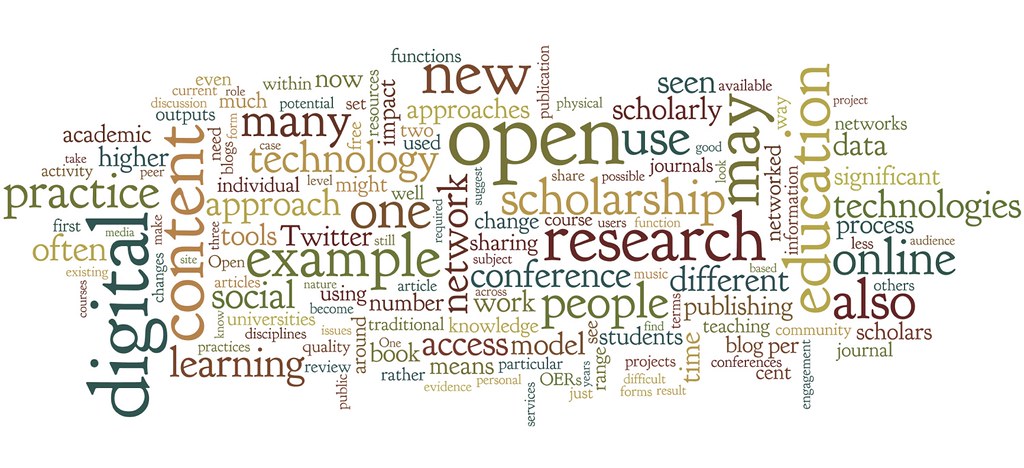How Research4Life helps researchers in lower- and middle-income countries publish open access

The landscape of academic publishing has changed considerably in recent years. Researchers can now choose to submit their work to open access journals, which are free to read. However, many researchers in lower- and middle-income countries don’t have funds to pay for the fees that come with this publishing model. Publishers often offer fee waivers, but information about these discounts can be scattered and confusing. Research4Life helps researchers navigate all of this.
Fee waivers exist in a lot of varieties. Some publishers offer them to all researchers in Research4Life countries, others only to Group A countries, and still others to a separate list of countries. Some publishers offer a full waiver, while others provide a discount.
“We have done a lot of research into how research in the Global South is published,” explains Andrea Powell, Research4Life publisher coordinator. “One of the things we found is that researchers are confused about waivers for article processing fees (APCs).” Andrea and colleagues highlighted this in the 2020 white paper ‘Achieving an EquitableTransition to Open Access for Researchers in Lower and Middle-Income Countries’.
Research4Life has now published a series of best practices for publishers to help them decide their APC waiver policy and communicate it clearly to those who benefit. “However, we’re not trying to tell publishers how to set their policies,” Andrea explains. “It’s entirely up to the publishers, if, when and how they offer waivers. But if they have a policy to offer APC waivers, then it should be made transparent.”
“We took on the user’s point of view to find out how they would find information about whether a discount or fee waiver is available to them. We noticed, for example, that sometimes a waiver is only offered once a paper has already been accepted for publication. So an author might submit a paper without realizing that there’s a waiver, or it might put them off submitting it, if they want to submit their article to an open access journal.”
“We’ve even heard about researchers who paid for an APC when they actually didn’t have to because they qualified for a waiver,” Andrea adds.
Find information about fee waivers easily
Next to the list of best practices, Research4Life has also created an overview of all its publisher partners’ APC waiver policies. If you are a researcher from a country eligible for Research4Life and you want to publish open access with a specific publisher, you can consult the list to find out more about their waiver policy. Of course, this isn’t necessary if the journal is a subscription journal.
“Ultimately, we are looking to create a system where a user can do a quick, automatic check before starting the submission process to find out whether they qualify for a waiver or not,” Andrea explains. Conversations about such a functionality have already started.
“The more consistency the better, because if users have to grapple with lots of different policies from lots of different publishers, not being able to find the right information will make life even more complicated for them.”
Closing the knowledge gap
“Our end goal is clear: to make it easier for researchers to publish and as such contribute to a more equitable world of research. Ultimately, we want to close the knowledge gap between the Global North and South,” Andrea summarizes.
Publishers also benefit from this. “In the past five years, there has been a solid growth in publications from researchers in Research4Life countries, though they started from a low base. Nevertheless, their number will continue to grow.”
No barriers to publishing
If publishers want to attract a more diverse author base and publish research from all over the world, it is in their best interest to make sure information about open access publishing options and discounts is easy to find or understand. “If open access means there are no barriers to access information in scientific journals, surely there also cannot be any barriers to publishing in these journals?”
It’s important to keep in mind that APCs are just one of the many hurdles researchers from lower- and middle-income countries face. “Many researchers in the Global South struggle with identifying the best publisher for their work and weeding out predatory ones,” Andrea explains.
“People also often ask us for training on paper writing and other skills necessary to become a successful researcher. Much like with the APCs, there is a lot of material out there already, but it can sometimes be hard to find. At Research4Life, we are currently looking at how we can help researchers gain these skills. At the same time, we are further investigating which role Research4Life can play in the open access publishing landscape.”
A note from our user representative
“Most scholars in developing countries understand the importance of publishing open access,” says Professor Tandi Lwoga, Research4Life user representative from Tanzania. “However, they lack the funds to pay for APCs. The index of APC policies will help to create awareness about APC waivers to scholars in developing countries. This will systematically increase the number of researchers from the developing world that publish in high-impact open access journals.”





